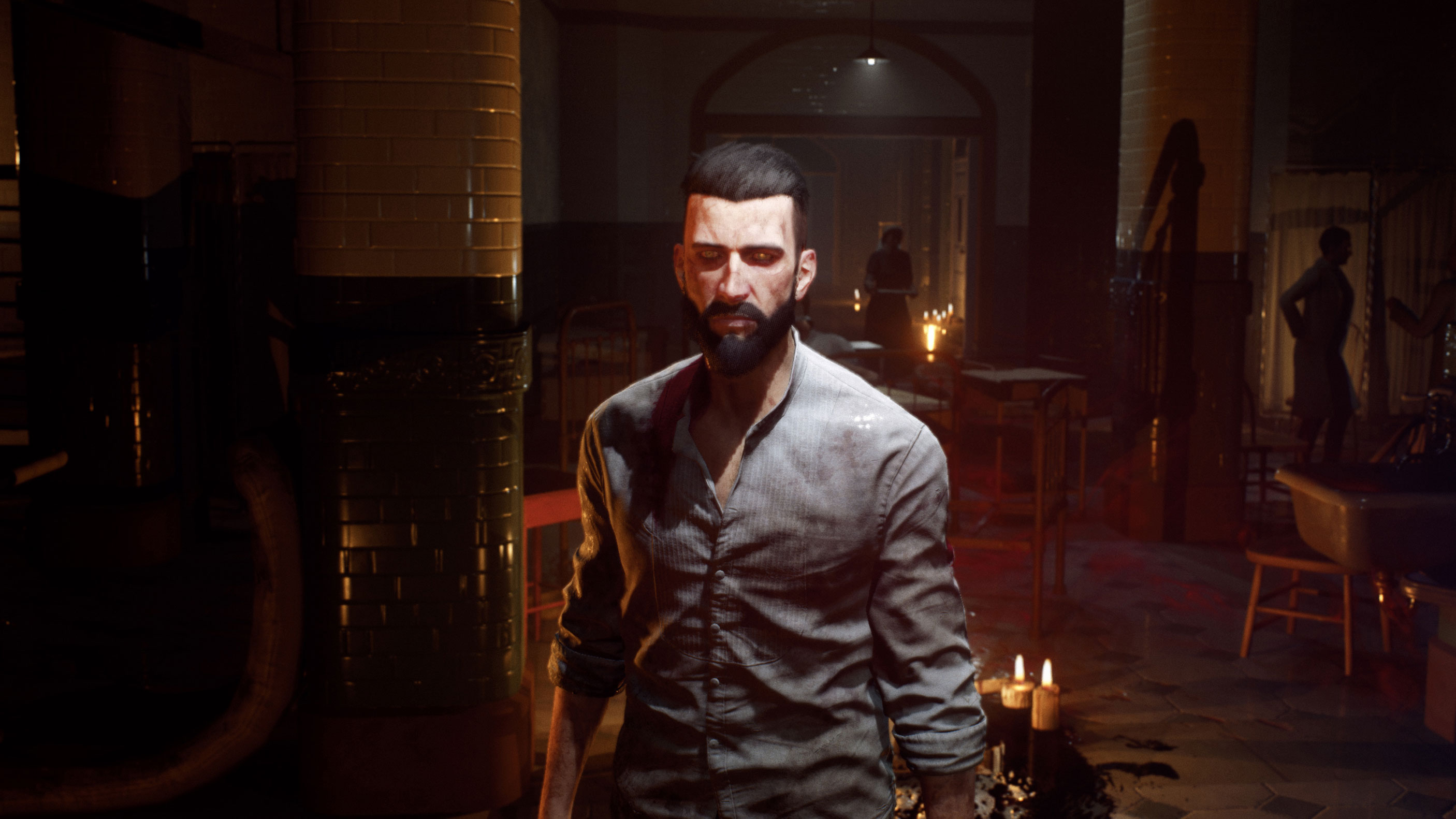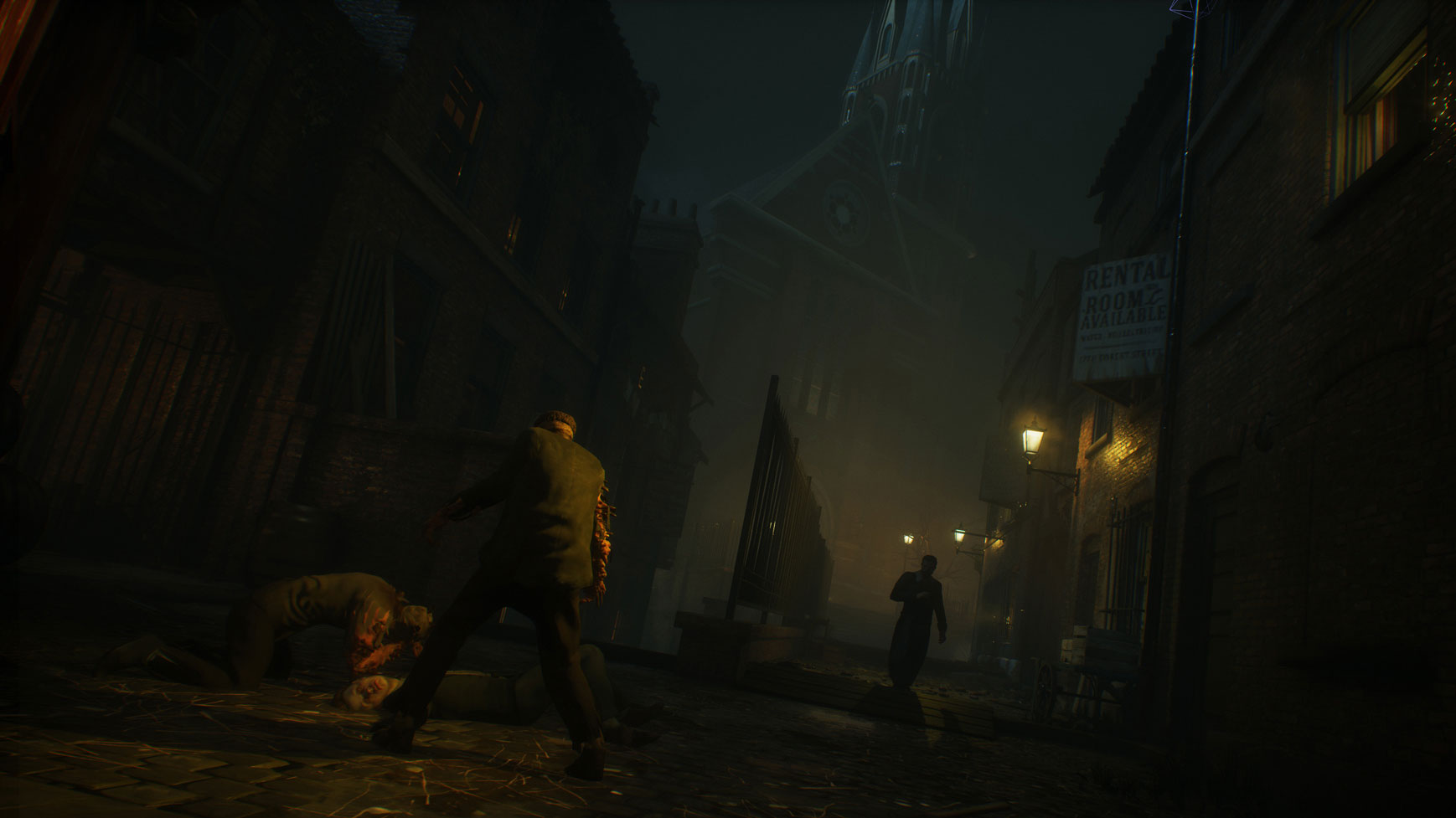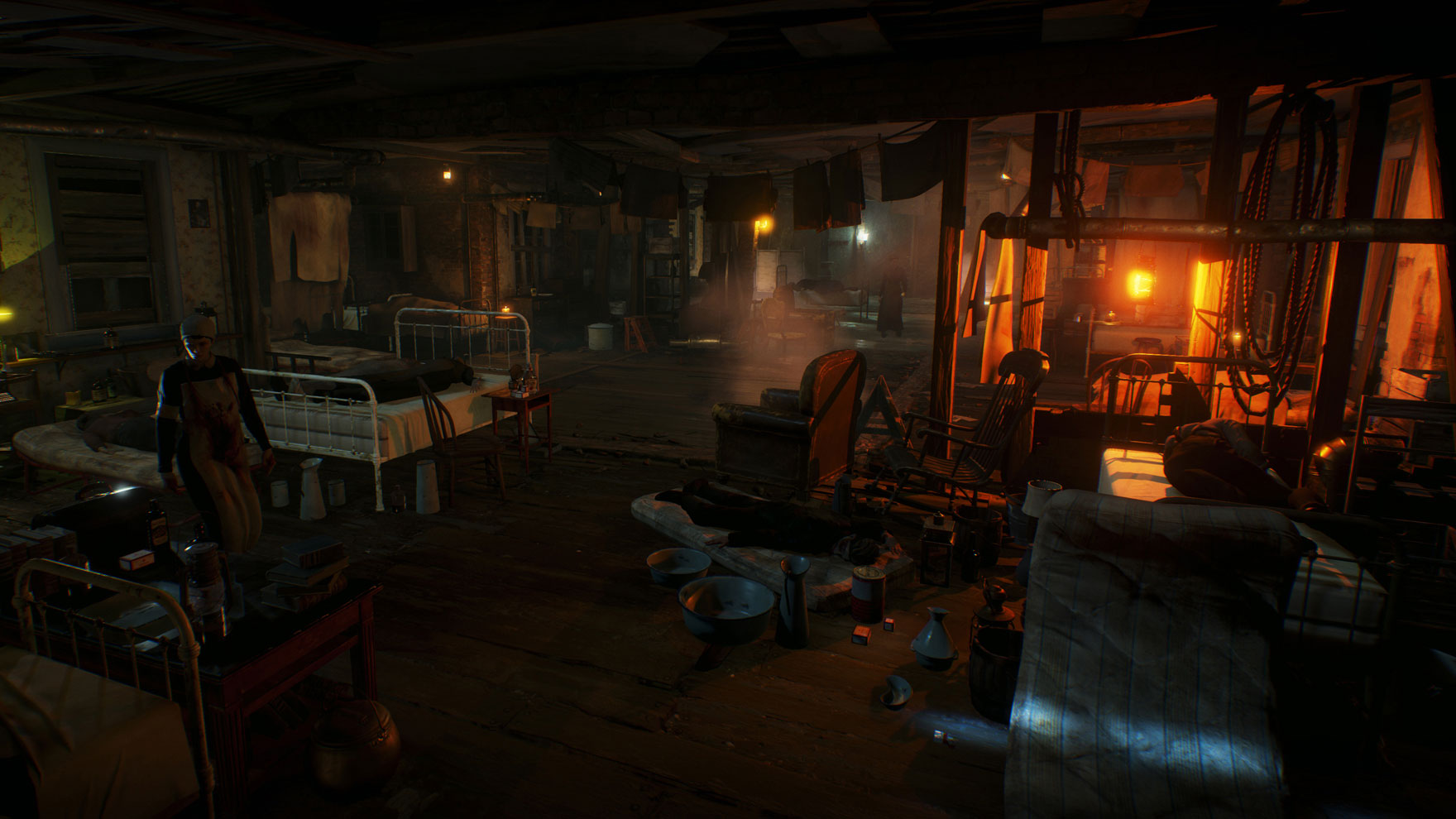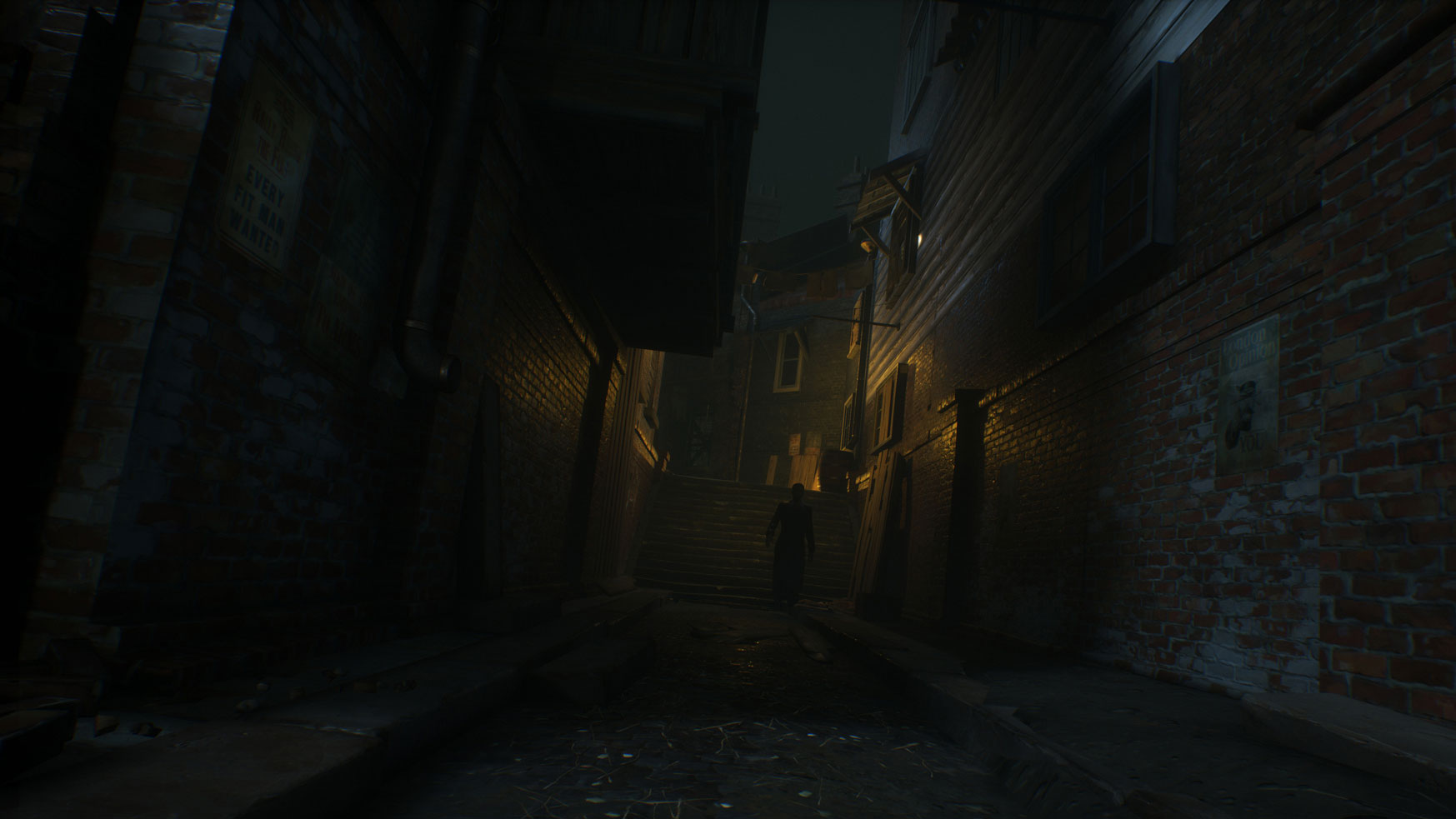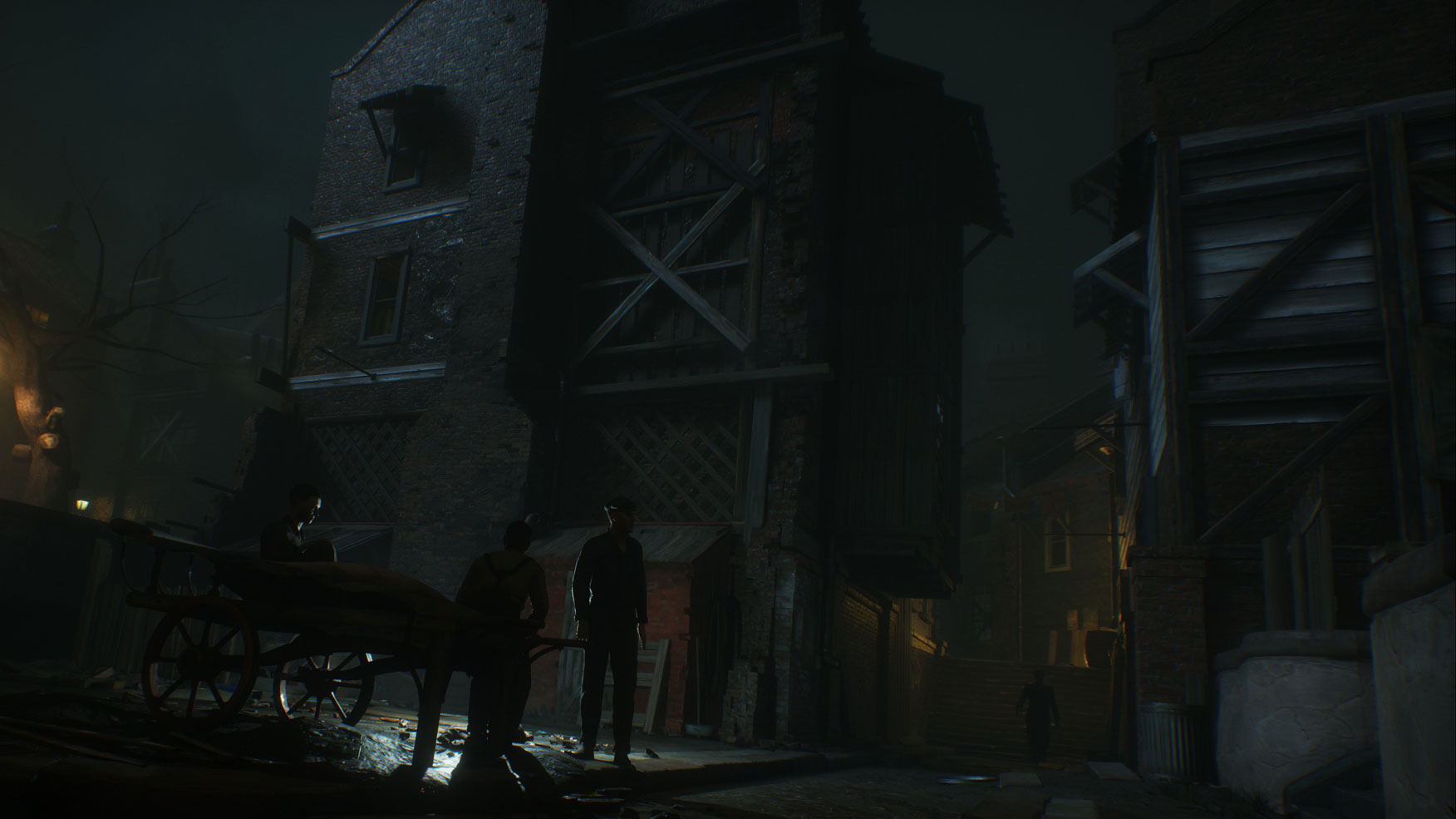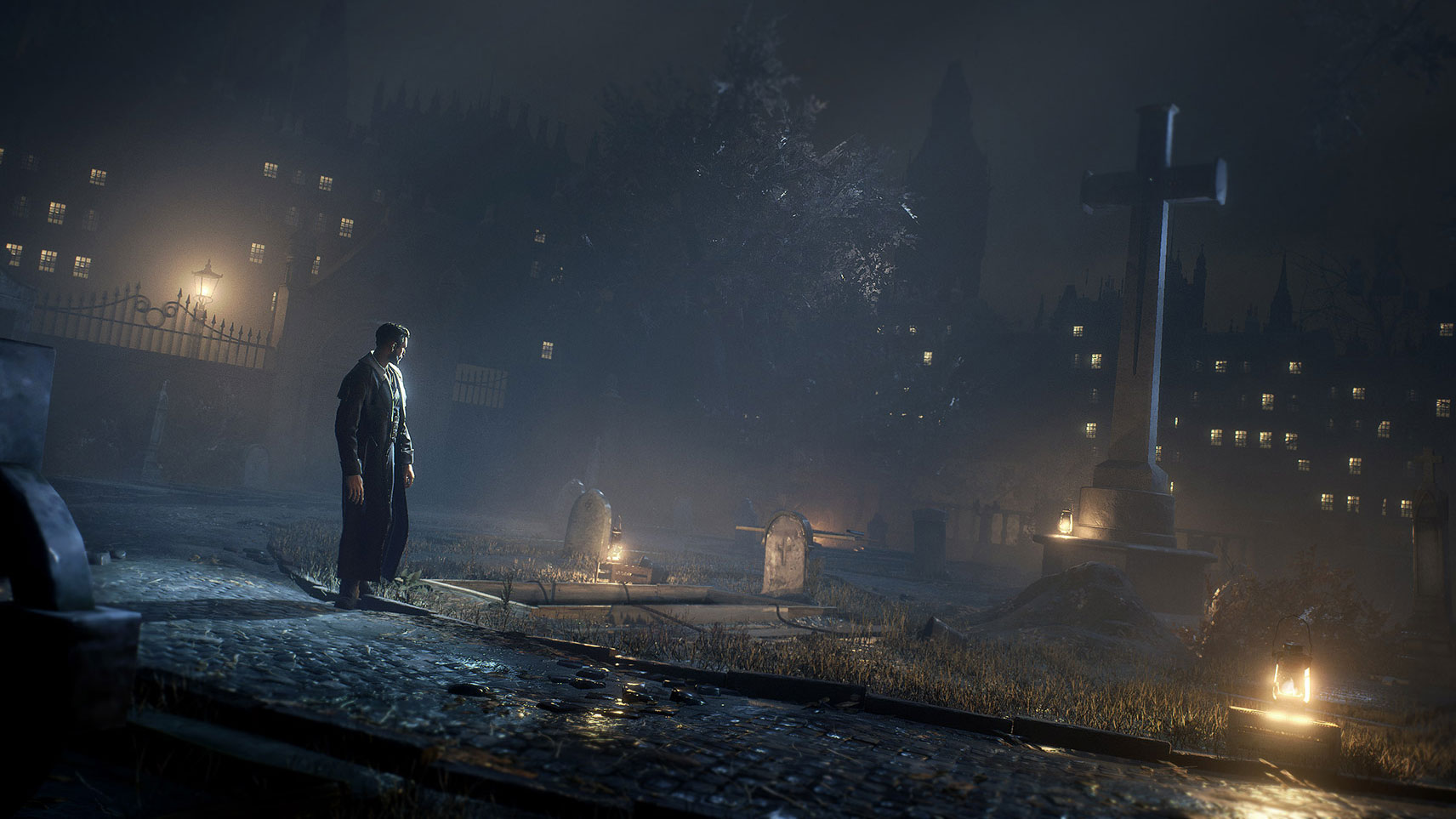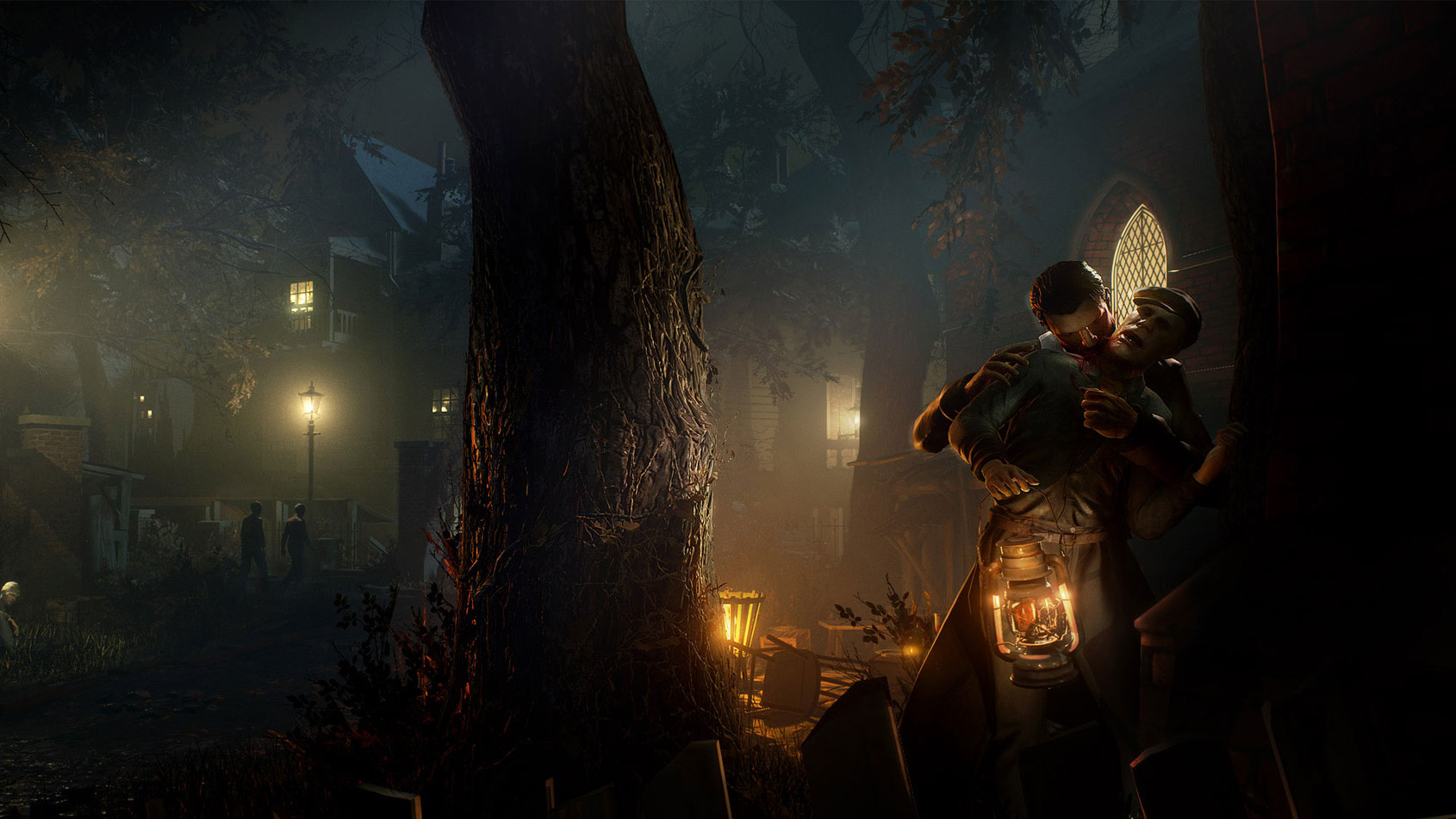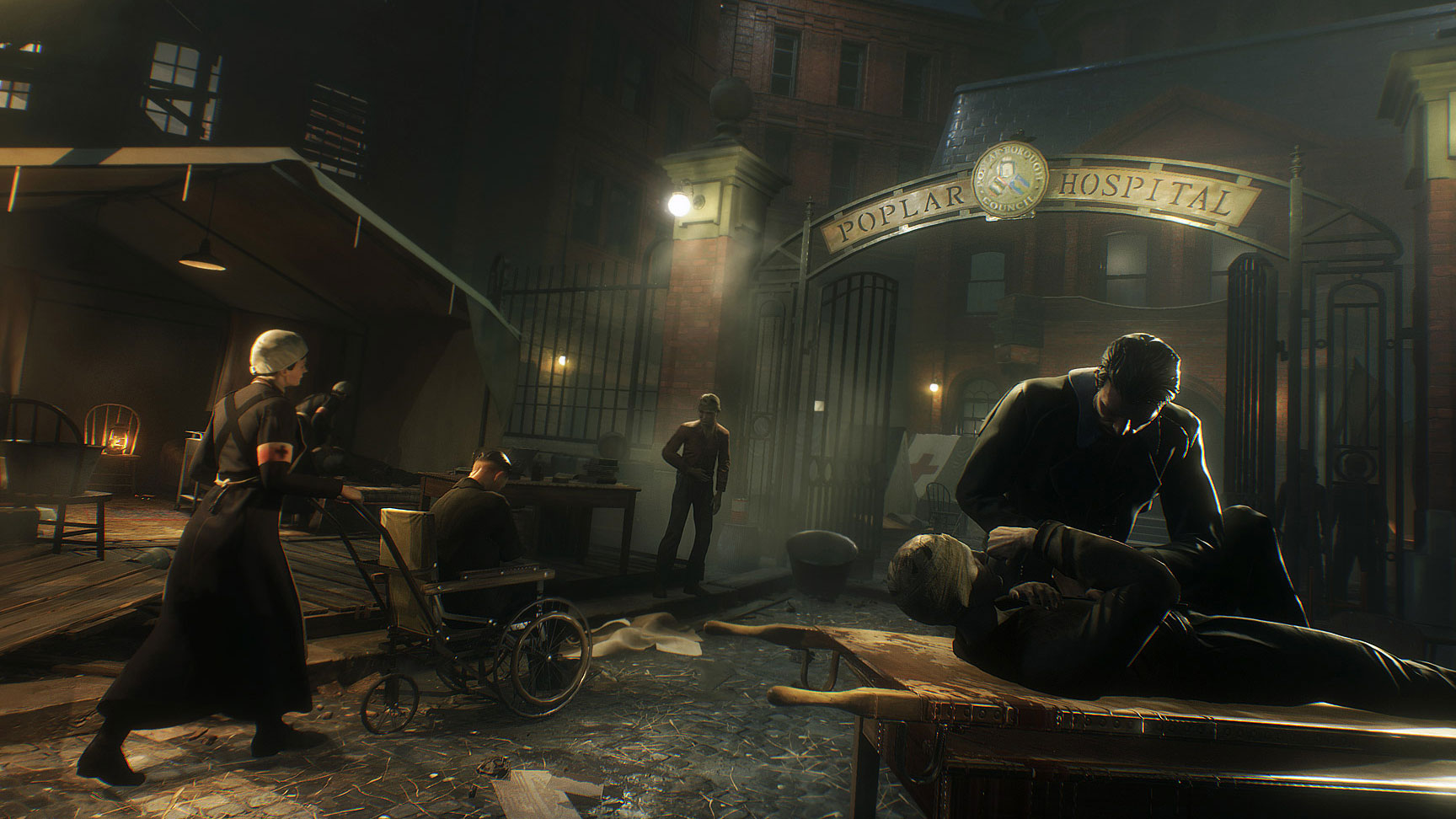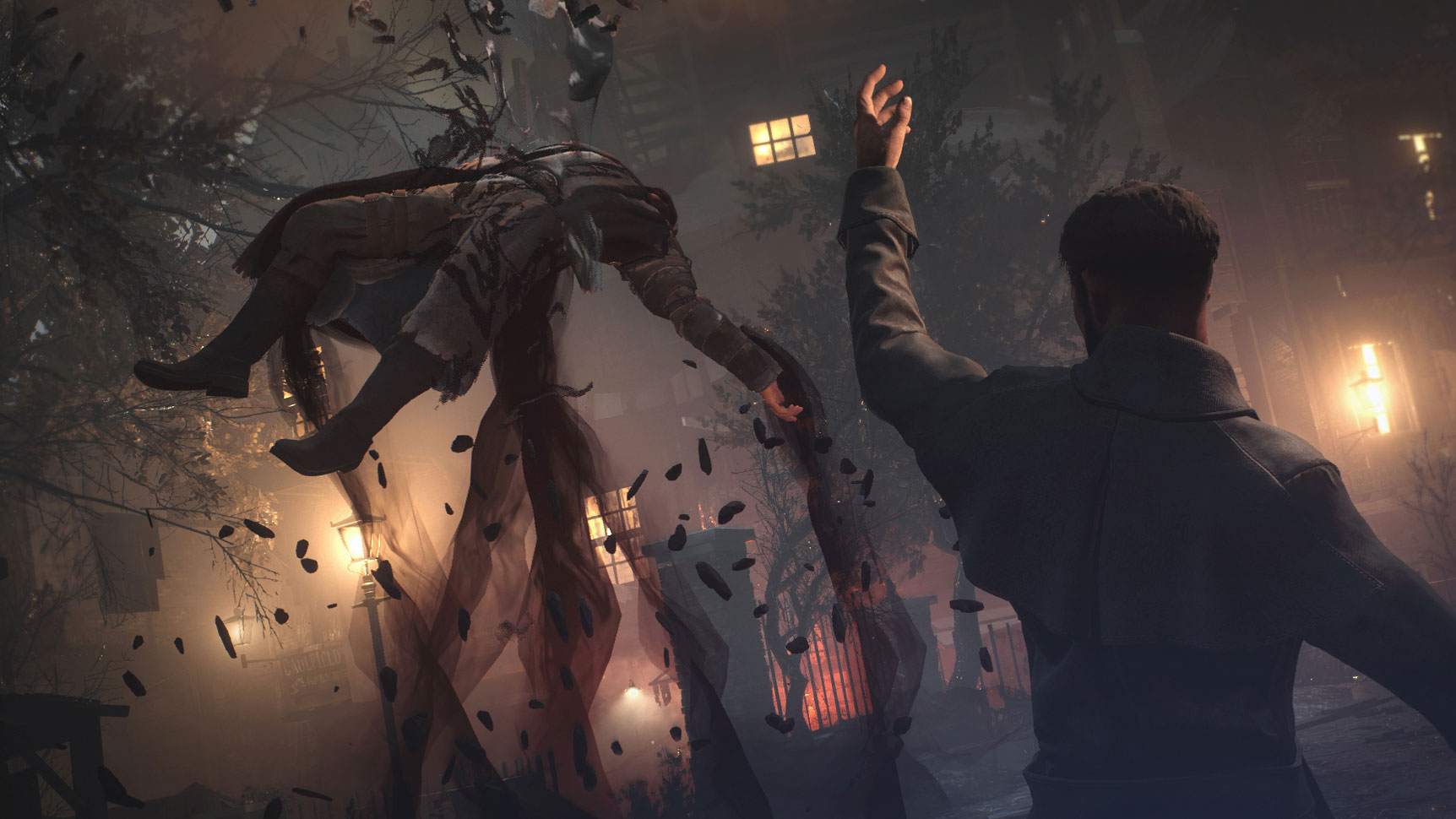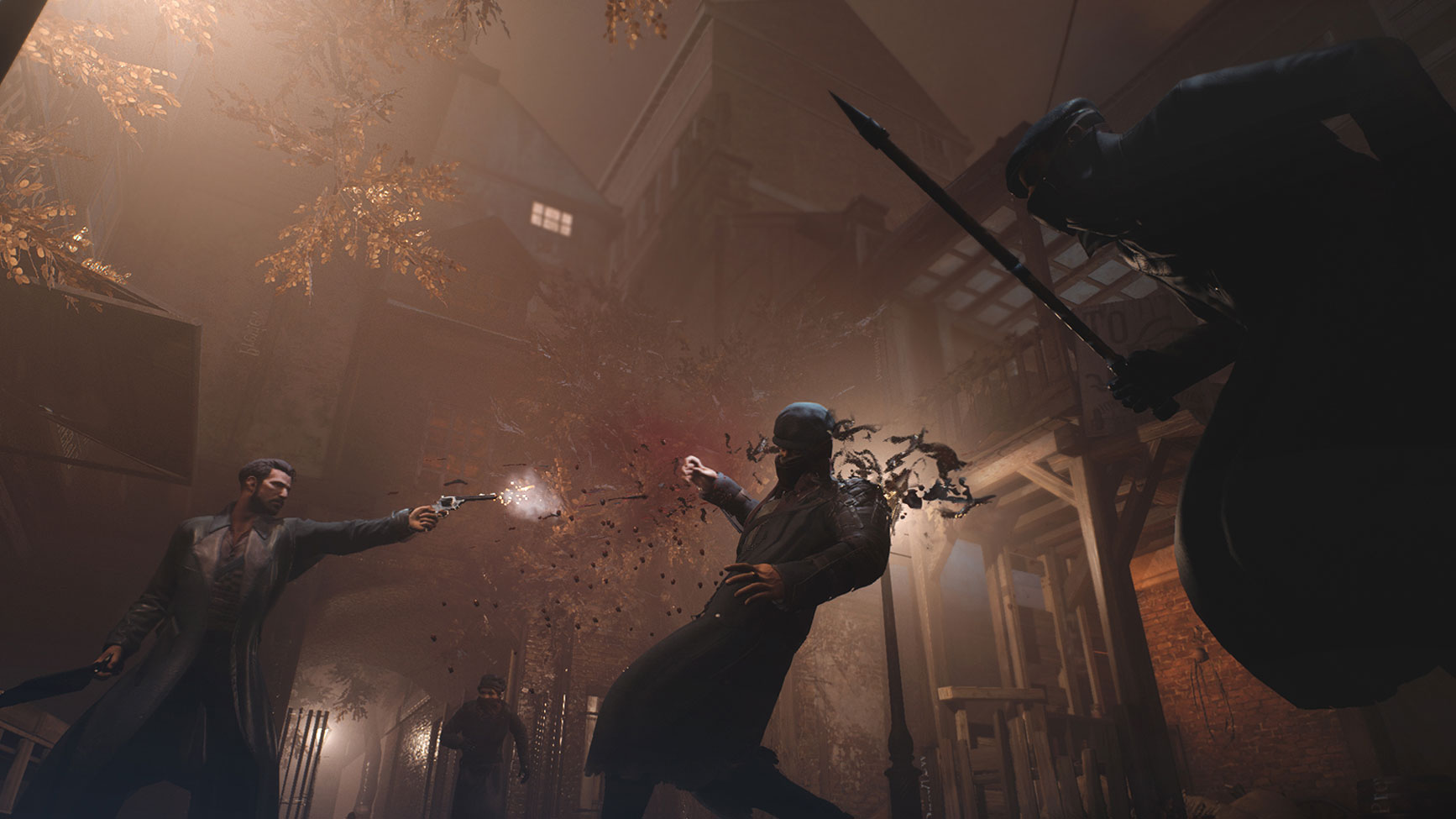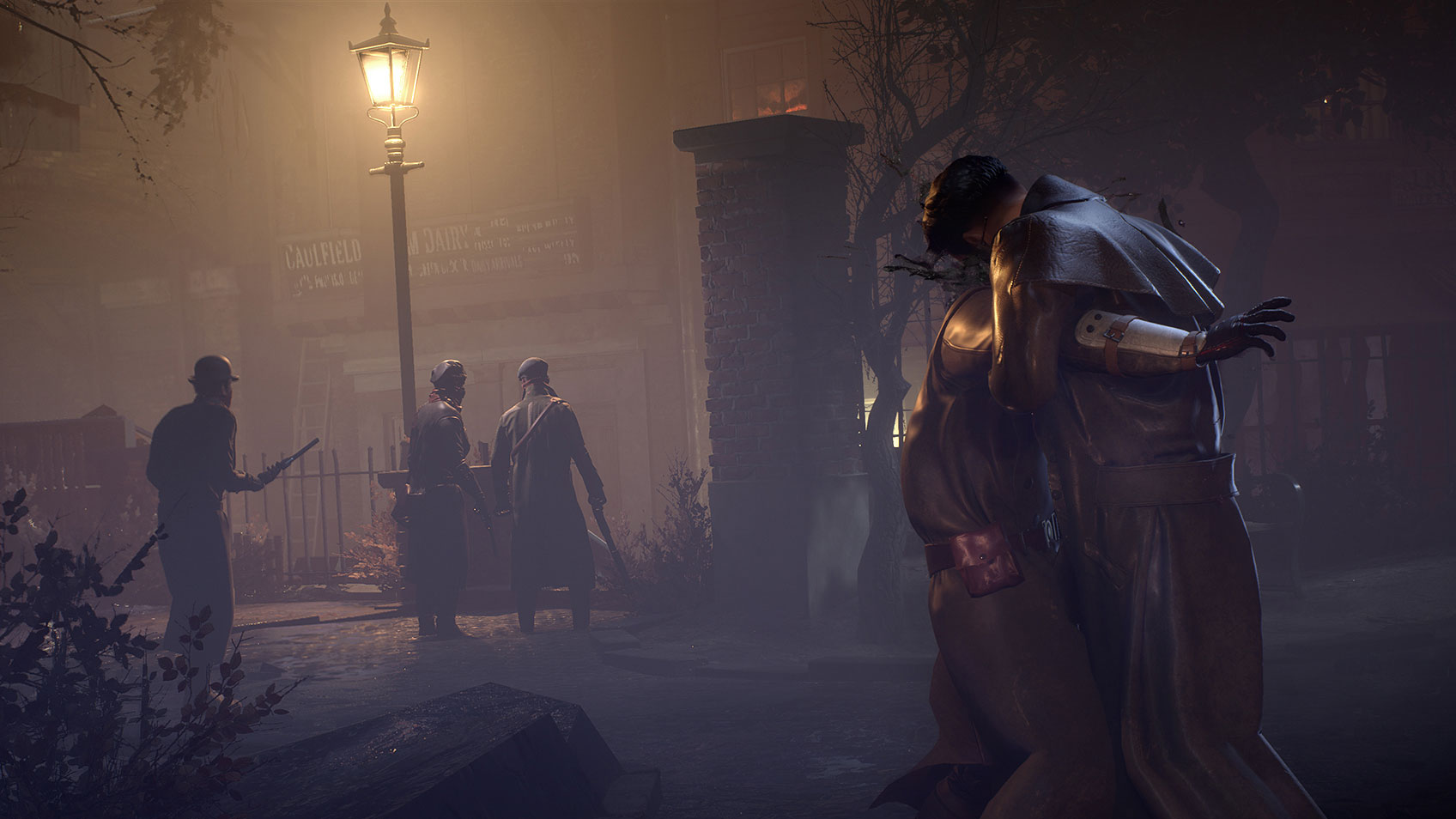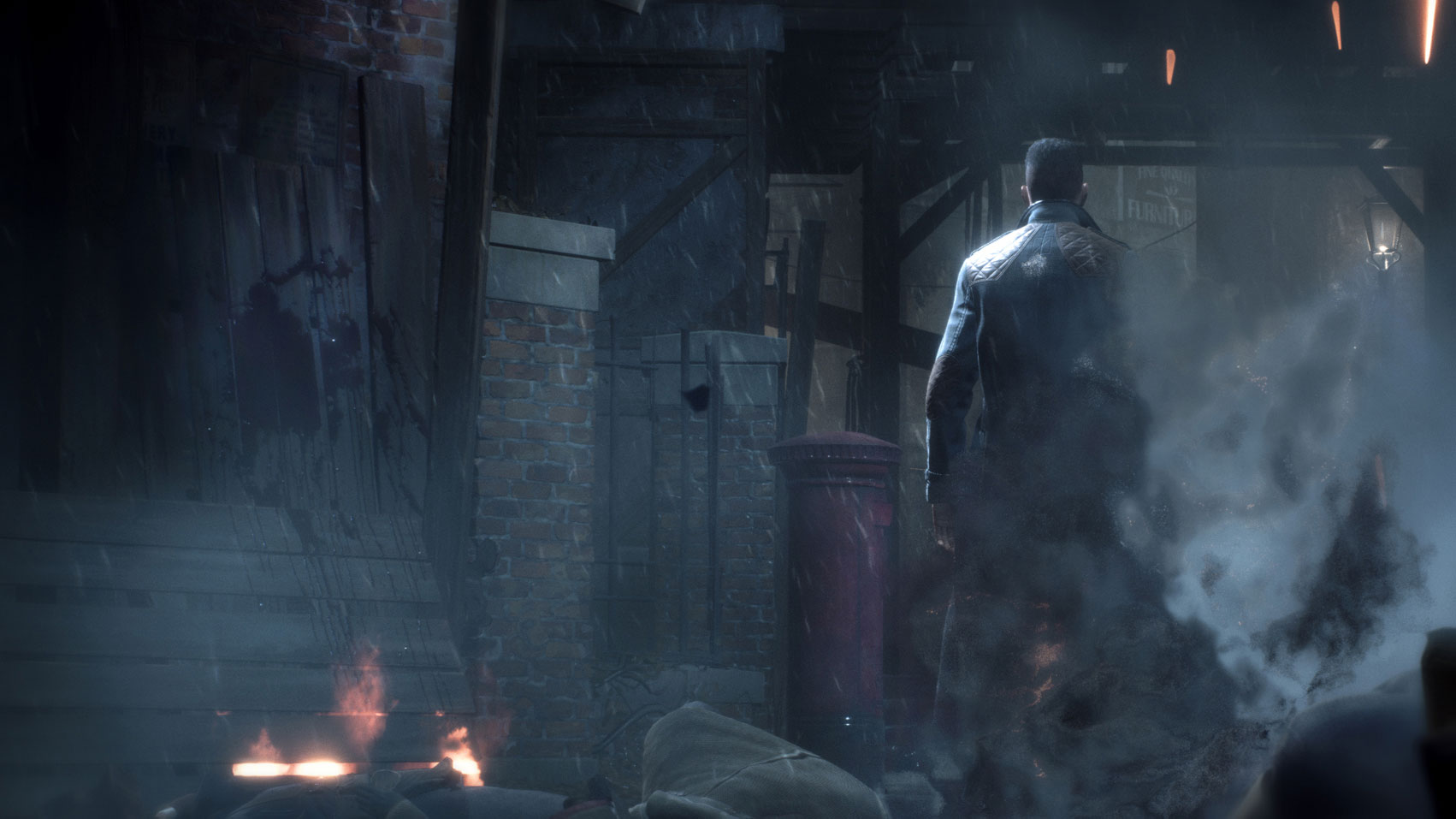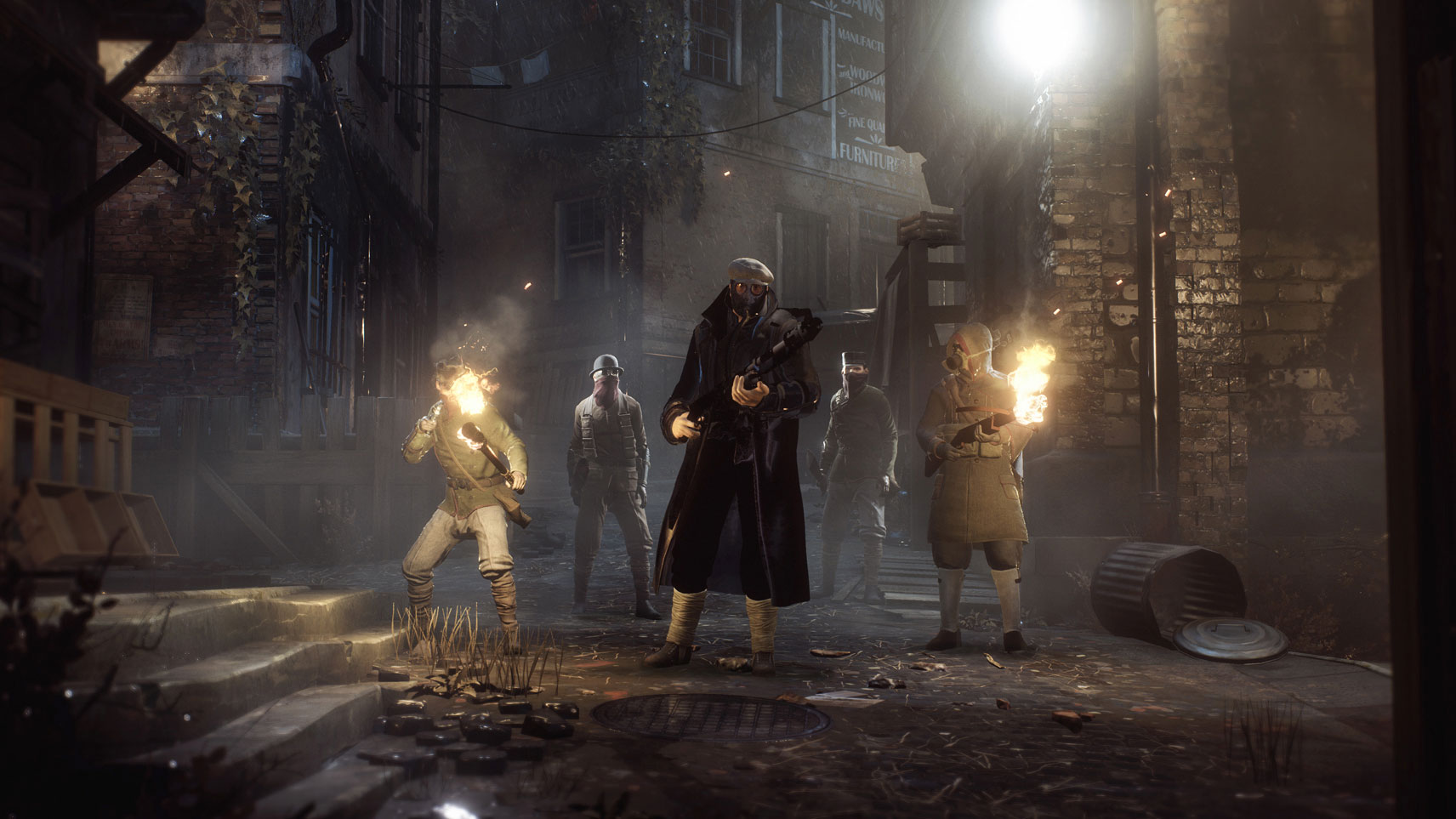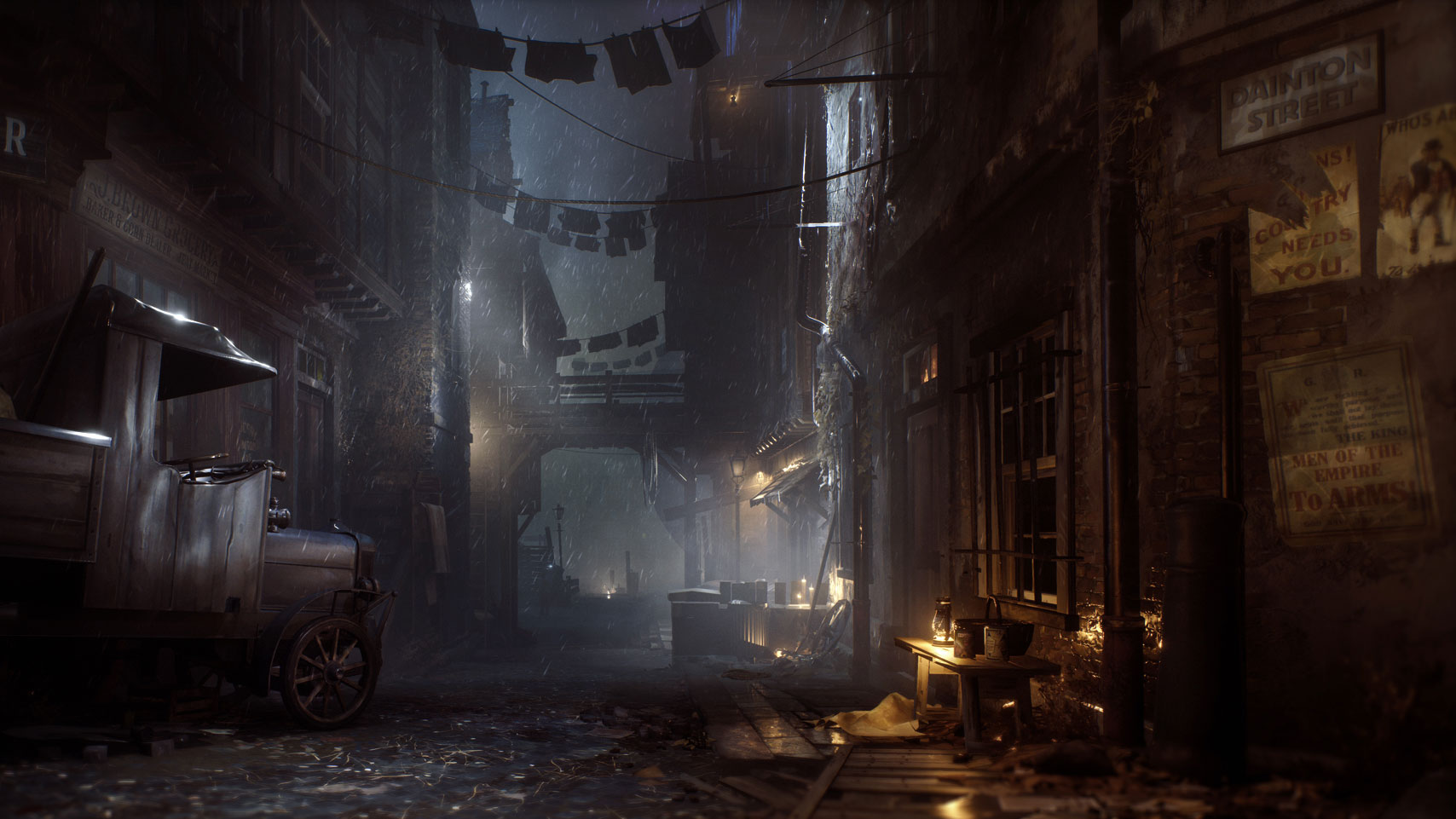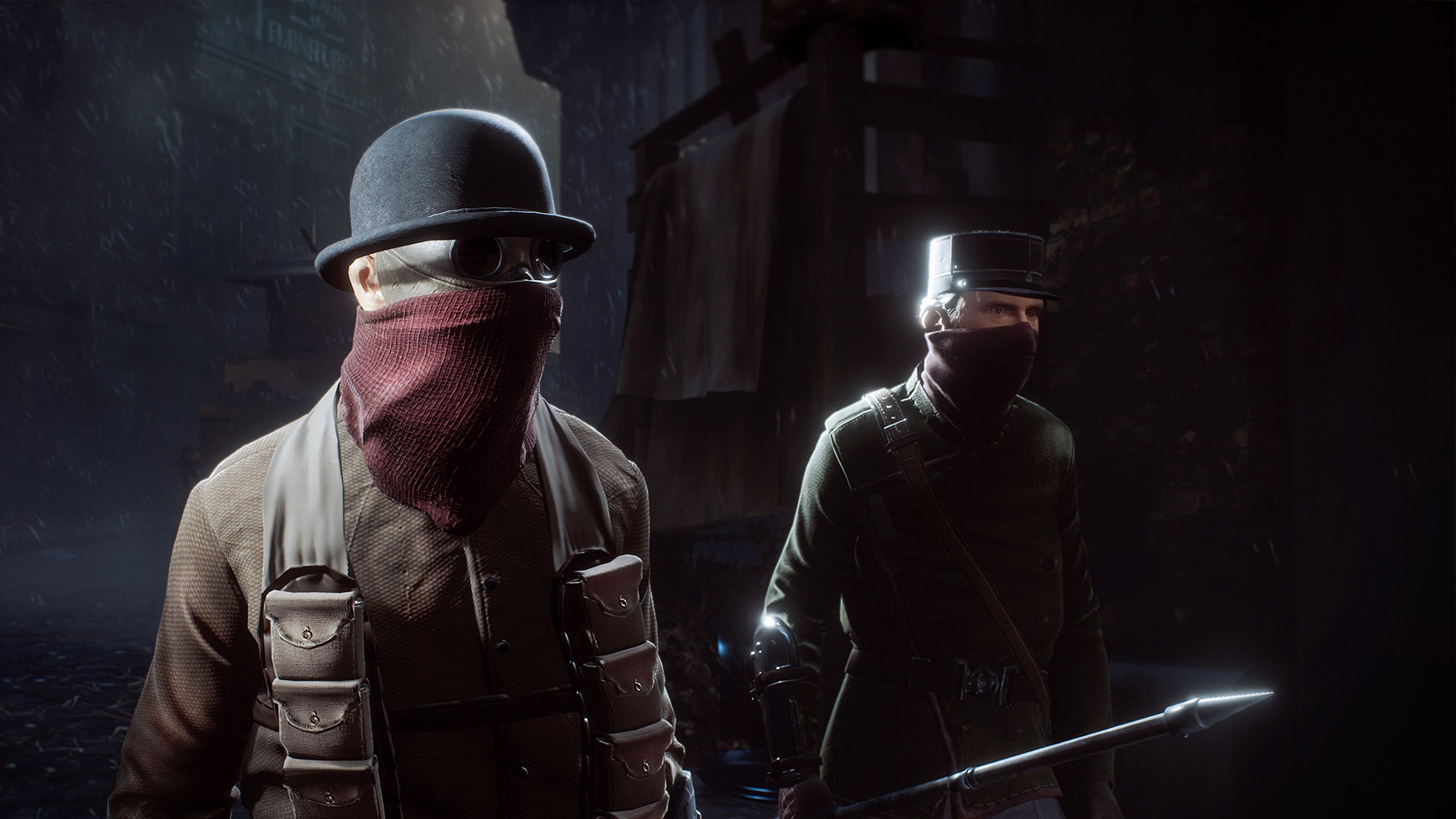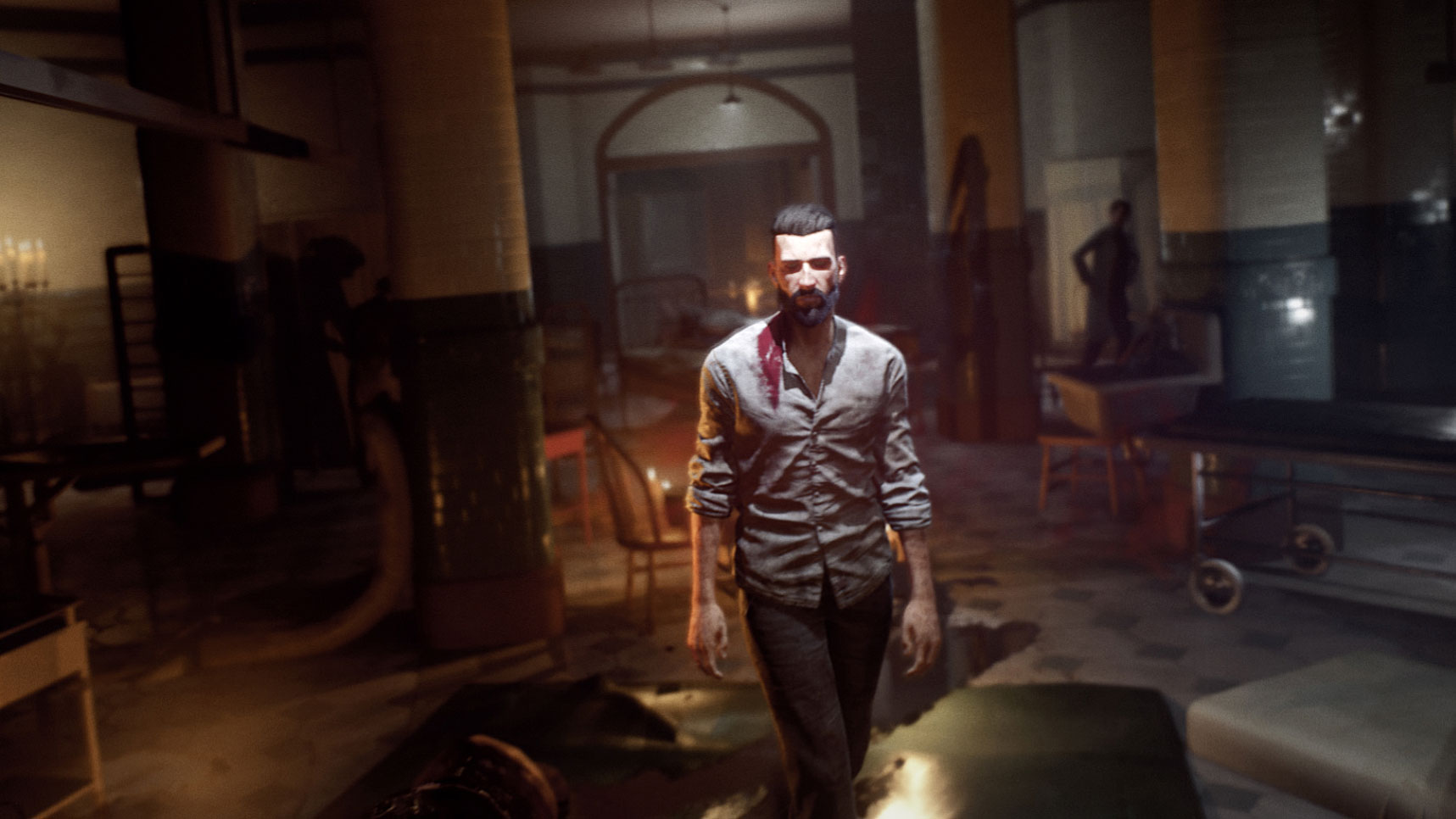Vampyr gets across a concept that many video games try, and fail, to convey – it’s very hard to be the good guy.
Vampyr, the newest project from Life is Strange developer Dontnod, revolves around a singular problem: You are a vampire who needs to drink blood to survive, but, depending on how you choose to play, doesn’t want to hurt anyone. No matter how good you want to be, you will have to murder people. Putting you in that position, forcing you to sit and wrestle with the feelings that such bad behavior may drum up, feels like part of a sea change in how developers are approaching morality in games.
The not-so-good doctor
In Vampyr, you control Dr. Jonathan Reid, a famous surgeon in London circa 1918 who’s killed and turned into a vampire against his will. Ostensibly, the game follows Reid’s quest to find answers about who turned you, and why. There’s also an imperative to save London from a supernatural epidemic that threatens to wipe it out. The city has become a dangerous place, though, even for a vampire: Unfriendly vampires and other creatures roam the streets, along with squads of vampire hunters. Reid works as a doctor, but he’s still a creature of the night, and those fiends wish you harm.
You have a singular problem: You are a vampire who needs to drink blood, but don’t want to hurt anyone.
Though there’s plenty of opportunity to fight, this is not an action game. While much of the core game boils down to dialogue-heavy quests, meeting with townspeople in the standard role-playing game mode, you will inevitably get into scrapes with the many elements that wish to destroy you. You are not a fighter, though — Even with enhanced vampire abilities, every battle is a struggle.
There is a way to amp yourself up and make it easier to deal with your enemies… You have to eat people. Not the monsters hunting you, but the more permanent residents of London that you meet working the night shift.
Talk to me
When you aren’t fighting, you’re treating to your patients at Pembroke hospital, or dispensing medicine to folks in poor neighborhoods like White Chapel. Inevitably, connecting with these people, you find out about their lives and their problems, giving you opportunity to help. The people you meet are endearing, tragic figures with complicated lives. The angry, dangerous gangster actually wants to go straight, but can’t get a job that can support his ailing son; the nurse blackmailing one of the hospital’s wealthy donors uses the funds to run a free clinic in a poor neighborhood.
Though some carry mandatory connections to your long-term missions — the undead mystery enveloping London — the emphasis on conversation drives home a larger understanding about human connection. Unlike the bad guys you fight, the people of London have social circles and commitments, and they create a community. This has narrative consequences, of course — when and if you kill someone, you’ll probably feel bad about it — but it has mechanical significance as well. Remove someone from the world and the people around them suffer. Inflict too much pain on any one group, and the whole neighborhood collapses into a monster-infested mess.
The people you meet are endearing, tragic figures with complicated lives.
On the flip side, the more you learn about a person, the more incentive you have to wrap them in your vampiric “embrace.” Knowing the ins and outs of a person’s life (as well as giving them medicine when they’re sick) increases the amount of experience you gain from feasting on their blood, which, in turn, makes you stronger. So the characters you spend the most time with, and maybe feel closest to, will make you strongest.
Choosing how to make a choice
Games that revolve around making difficult emotional choices aren’t exactly new at this point. There have been some towering titles in the last decade, including popular franchise such as Mass Effect and The Witcher, which have used philosophically and ethically charged questions to challenge players in ways that go beyond their button-pressing skills.
Many of these games about choice focus on morally gray situations, with tough questions that don’t have right or wrong answers: Now, games like Vampyr and Detroit: Become Human, Sony’s similarly narrative-driven PS4 game, are flipping the script, making well-defined assertions about right and wrong, but providing mechanical incentives to choose one or the other.

In Detroit, which imagines a near future in which intelligent androids used as slave labor have started to become self-aware, you choose whether the freedom-fighting robots fight for their rights with peaceful protest or answer violence against them with armed revolution. Though there are times when aggression seems prudent, Detroit asserts that the best outcomes are rooted in empathy — after all, the title is “Become Human.” It puts forth questions to see whether you’ll do the “right” thing, even when it’s hard, but it also rewards you for it.
By contrast, Vampyr pushes you into tough situations by incentivizing embracing your vampirism, but also makes you aware of its repercussions. Instead of asking you if you want to be “good” or “bad,” Vampyr leaves you in a tougher spot: You can’t be fully “good.” So if you must do harm, are you obligated to do the least harm possible, and how do you decide what “the least harm” looks like? The foregone conclusion of the game is that, on some level, the ends must justify the means — what exactly those means are, though, is for you to figure out.
